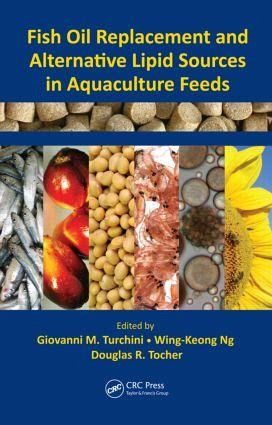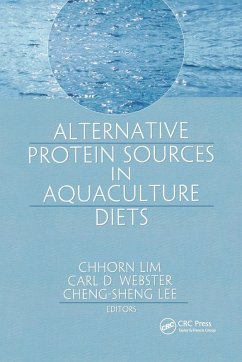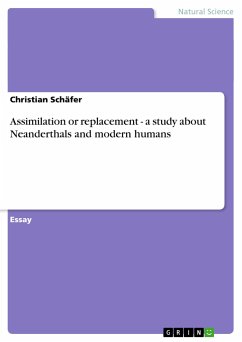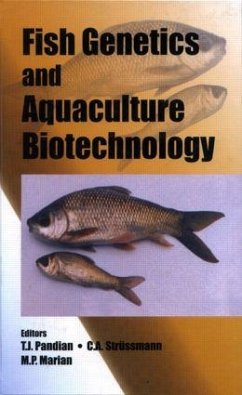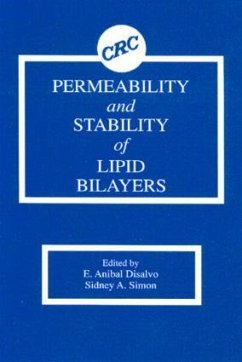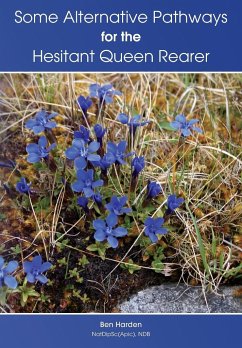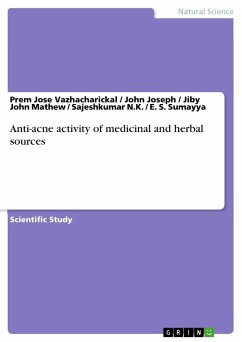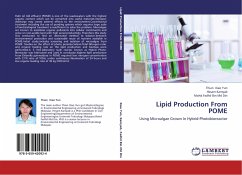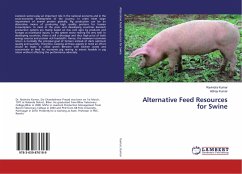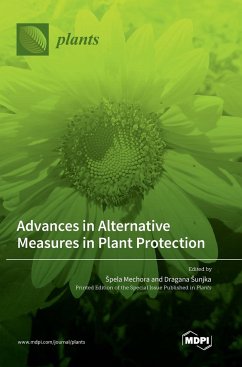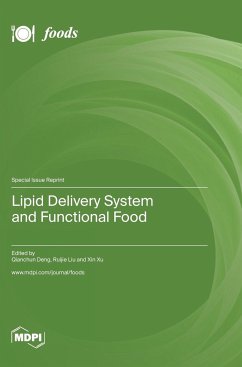Dr. Giovanni M. Turchini has a master's degree in animal science and a doctorate in food quality and fish nutrition from the University of Milan, Italy. After a postdoctoral fellowship at the University of Milan, he moved to the School of Ecology and Environment at Deakin University, Australia. While in Australia, Dr. Turchini has been awarded the prestigious Australian Postdoctoral Discovery Fellowship and the Australian Research Fellowship, both from the Australian Research Council (ARC), for his research on fatty acid nutrition and metabolism in farmed fish. Currently, he is an ARC Fellow affiliated with the School of Life and Environmental Sciences, Deakin University. His research interests span from fish oil replacement and fatty acid metabolism in cultured aquatic species to fatty acid-hormone interactions, seafood quality and traceability, and ethical issues encountered in the fisheries and aquaculture sectors. Dr. Turchini has published extensively in the area of aquaculture nutrition and fish quality. Wing-Keong Ng received his bachelor of science degree in aquatic biology from Universiti Sains Malaysia. He then obtained his master's degree in aquaculture from the Asian Institute of Technology (Thailand), and doctorate in nutrition at the University of California, Davis (USA). After a postdoctoral fellowship at Mississippi State University (USA), he returned to Malaysia. He has been a visiting scientist to the University of Stirling (Scotland, UK) and the University of Tasmania and CSIRO (Australia) under the Commonwealth and Endeavor Fellowships, respectively. Dr. Ng is currently a professor affiliated with Universiti Sains Malaysia, where he started the Fish Nutrition Laboratory and leads a research program aimed at developing a better understanding of nutrient utilization by fish and shrimp. He has focused interests in the evaluation of novel protein and lipid sources in aquafeeds to improve the economic and environmental sustainability of aquaculture operations. Professor Ng has published extensively in the area of aquaculture nutrition and is on the editorial board of several international and regional journals. He is a consultant to various international aquaculture organizations and aquafeed-related companies. Douglas R. Tocher has a bachelor of science degree and a PhD in biochemistry from the University of Edinburgh, Scotland. He worked for 16 years for the UK Natural Environment Research Council (NERC) at the Institute of Marine Biochemistry, Aberdeen and the Unit of Aquatic Biochemistry, University of Stirling. His main research interests during this period were fish lipid and fatty acid metabolism, including embryonic and early larval development, and cell culture studies on eicosanoid metabolism, polyunsaturated fatty acid synthesis, and neural development. He later joined the Nutrition Group at the Institute of Aquaculture, University of Stirling, where he is currently professor of molecular nutrition. His primary research interests are currently focused on the molecular biology and genetic basis of regulation of lipid and fatty acid metabolism in fish. Professor Tocher has coauthored more than 260 scientific publications. He is a member of the European Federation for the Science and Technology of Lipids (EuroFed), American Oil Chemists Society (AOCS), and European Aquaculture Society (EAS). He is on the editorial board of several international journals.
